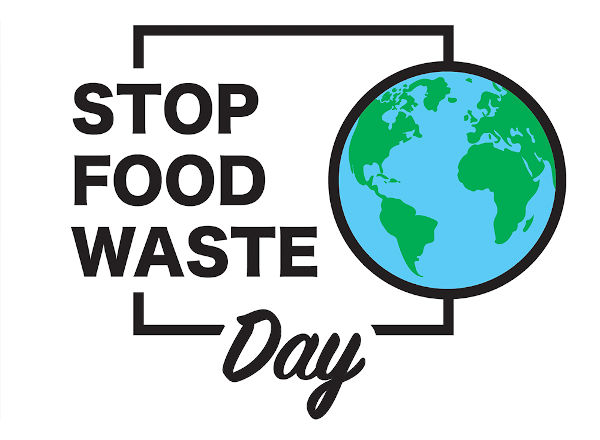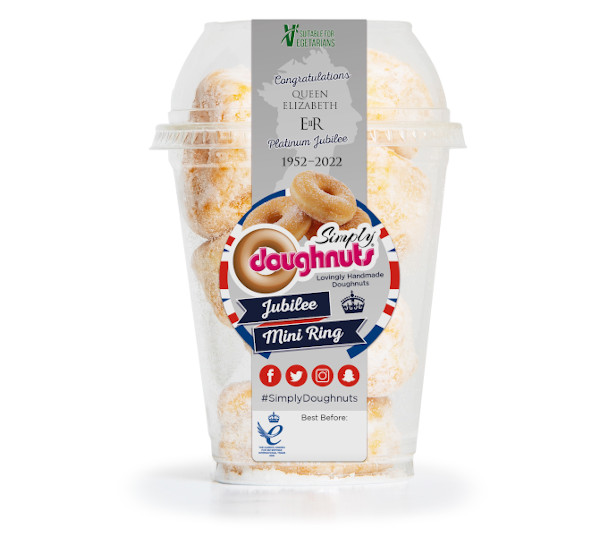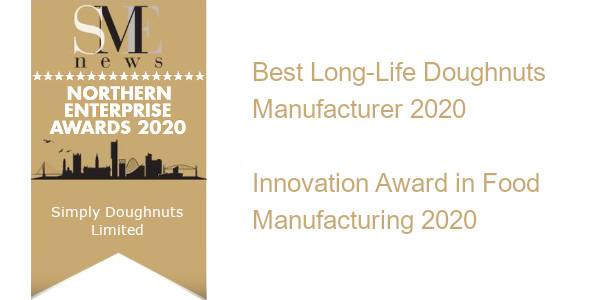Special ‘international days’ are great tools for raising awareness about important issues, and two of them appeared on the calendar for April 2021.
The first was Earth Day on 22 April, which set out to promote and celebrate efforts to improve sustainability and reduce our collective impact on the planet.
Food Waste in the Air
One of the organisations that was keen to respond was the World Travel Catering Expo, which on 14th April, published an article about “the need for airlines to reduce food waste on board.” It begins with an assertion that is impossible to refute:
“The environmental case for tackling food waste is increasingly hard to ignore. Unconsumed food, including losses at pre-consumer levels, is associated with 8-10% of greenhouse gas emissions according to United Nations calculations.”
Waste in the airline industry has both commercial and environmental costs. According to the report, “up to 5.7 million tonnes of cabin waste was carried up into the air and brought back down again in 2017. Up to a quarter of that waste was untouched food and beverages.” That equates to an estimated $3.9 billion worth of waste that was either incinerated or sent to landfill.
United Nations Food Waste Report
One of the article’s sources is the United Nations Environment Programme’s UNEP Food Waste Index Report 2021. It notes that “reducing food waste at retail, food service and household level can provide multi-faceted benefits for both people and the planet (but) the opportunities provided by food waste reduction have remained largely untapped and under-exploited.”
Waste, Stock Management & Shelf Life
This under-exploitation of waste-minimisation opportunities certainly rings true for those of us in the food / bakery industry. In a recent news article, we mentioned research recently published by the waste-reduction specialist Too Good to Go. That included the startling statistic that over 70% of bakery businesses have no stock management in place to reduce food waste. It’s shocking because, of all the waste-related challenges that the world faces, having proper management systems in place is one of the easiest to address.
The same research also suggests that short shelf lives are directly or indirectly associated with over 60% of all reported food waste losses. Clearly, putting a greater emphasis on the longevity of products would make an important contribution to meeting global sustainability goals.
Longer shelf lives mean a reduced risk of food spoiling before sale – so they reduce retailers’ costs – but they also give consumers more time to eat, share or store their foods, so waste is also reduced downstream, at the consumer end of the process. Both have an essential role to play in meeting international targets.
Stop Food Waste Day
The scale of the global food waste problem is one of the topics of another high-profile date on the calendar: Wednesday 28th April, also known as ‘Stop Food Waste Day.’
The website lists some shocking figures:
- 33% of all food produced globally is lost or wasted every year
- 45% of root crops, fruit and vegetables produced globally are lost or wasted every year
- 25% of the food wasted globally could feed all 795 million undernourished people in the world
- 8% of all greenhouse gas emissions each year are due to food loss and waste
As well as doing an important job of raising awareness, the website also features some excellent recipes for making delicious use of leftovers, case studies showing how companies have reduced their waste, and a toolkit, which includes digital food waste guides and other “downloadable resources to help raise awareness and inspire change about this global issue.”
Waste-Reduction: Next Steps
As a food manufacturer ourselves, we’ve invested considerable resources into extending product shelf lives but we know that the job doesn’t end here. We’re still engaged in R&D work to extend shelf lives further and to apply similar technologies to other foods, which should offer similar waste-saving characteristics.
We’ve also devoted time and effort to reducing our water and energy consumption in the manufacturing process, and we’ve taken important strides in reducing the volumes of product packaging that we produce. That work continues and we hope to make further announcements shortly.
Spreading the word is also vital, which is why, in April 2021, we were delighted to work with the global sustainability consultancy Anthesis. It has been writing up a case study explaining how we have reduced waste across our operations and how we have encouraged further product and packaging waste reductions throughout our supply chain. The resulting article will be published via a food industry intranet, where we hope it will inspire other producers to find new ways to reduce their environmental impacts.




